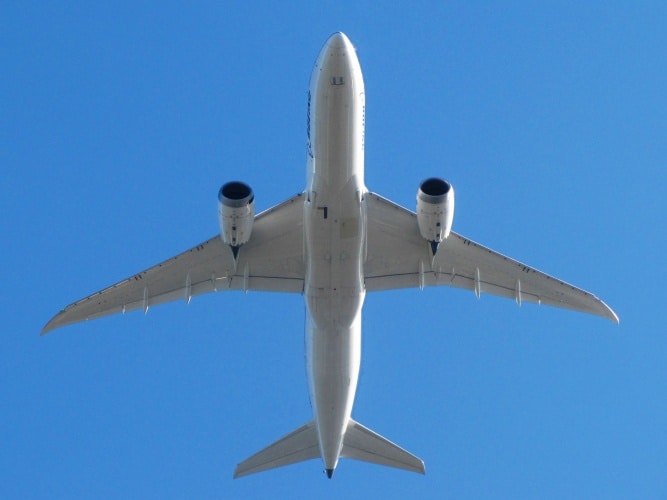NHYTE composite promises lighter and stronger aircraft
Bath University is spearheading a project to develop a new type of thermoplastic composite for the aerospace industry that is lighter, stronger and cheaper than current materials.

Boeing's 787 Dreamliner is the first airliner made from primarily composite materials (Credit: redlegsfan21 via Flickr)
The snappily titled New Hybrid Thermoplastic Composite Aerostructures manufactured by Out of Autoclave Continuous Automated Technologies (NHYTE) project is being funded with €5.2m of Horizon 2020 money. Its aim is to produce a high-performance material based on a commercial PEEK (poly ether ether ketone)-Carbon Fibre Prepreg with the addition of amorphous polyetherimide (PEI) films.
So far, these types of materials have been limited to the laboratory. However, the NHYTE consortium – which includes several academic and industrial partners from across the EU - is aiming to identify and implement a suitable manufacturing process which can be up-scaled to an industrial level. Parts will be produced by a robotic machine using new processes such as Automated Fibre Placement (AFP) and continuous forming, and will be assembled by induction welding using similar methods as the automotive industry.
Register now to continue reading
Thanks for visiting The Engineer. You’ve now reached your monthly limit of news stories. Register for free to unlock unlimited access to all of our news coverage, as well as premium content including opinion, in-depth features and special reports.
Benefits of registering
-
In-depth insights and coverage of key emerging trends
-
Unrestricted access to special reports throughout the year
-
Daily technology news delivered straight to your inbox










UK Enters ‘Golden Age of Nuclear’
Apologies if this is a duplicate post - a glitch appears to have removed the first one: > While I welcome the announcement of this project, I note...